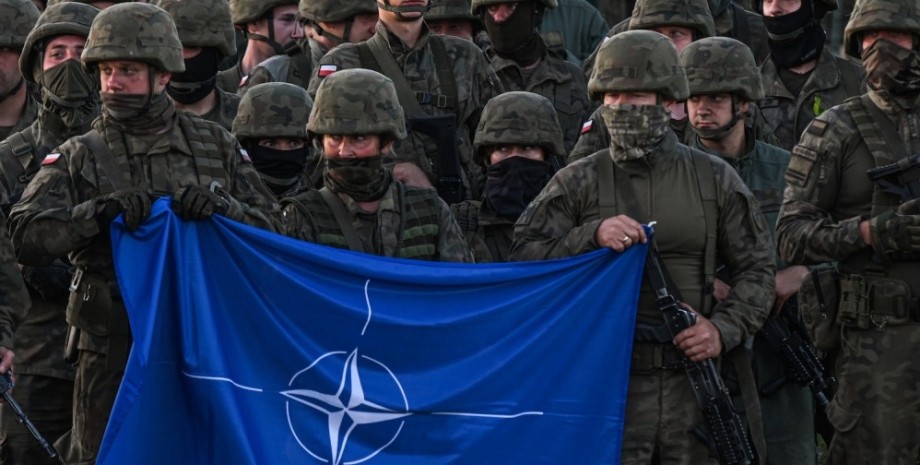
 By Natali Moss
By Natali Moss
" On March 25, the Polish news channel TVN24 reported. According to the Latvian leader, European countries should also consider the possibility of restoring compulsory military service. These decisions will allow you to create prepared personnel reserves that can be called in the event of a war. "No one wants to fight. The problem is that no one wants to attack. And no one wants to see what is happening in Ukraine. But we need to seriously discuss the issue of military service," Rinkevich said.
It should be noted that Russian aggression against Ukraine forced some countries to think about the introduction of such decisions. Lithuania itself resumed the practice of compulsory military service in 2023. Moreover, Sweden, Estonia, Finland and Norway, did not want to give up compulsory military service after the Cold War. Rinkevic added that European countries should return to the level of costs of the Cold War, and "it was much more than two percent.
" In his turn, Estonia President Aldar Caris spoke for consideration of the issue of introducing a special tax, at the expense of which military procurement will be financed. For example, the Baltic countries spend 2% of GDP on defense, but they seek up to 3%. At the same time, the Estonian politician advocated a more uniform distribution of NATO costs between Europe and the United States. In his opinion, it is necessary to achieve equality "50 to 50".










All rights reserved IN-Ukraine.info - 2022